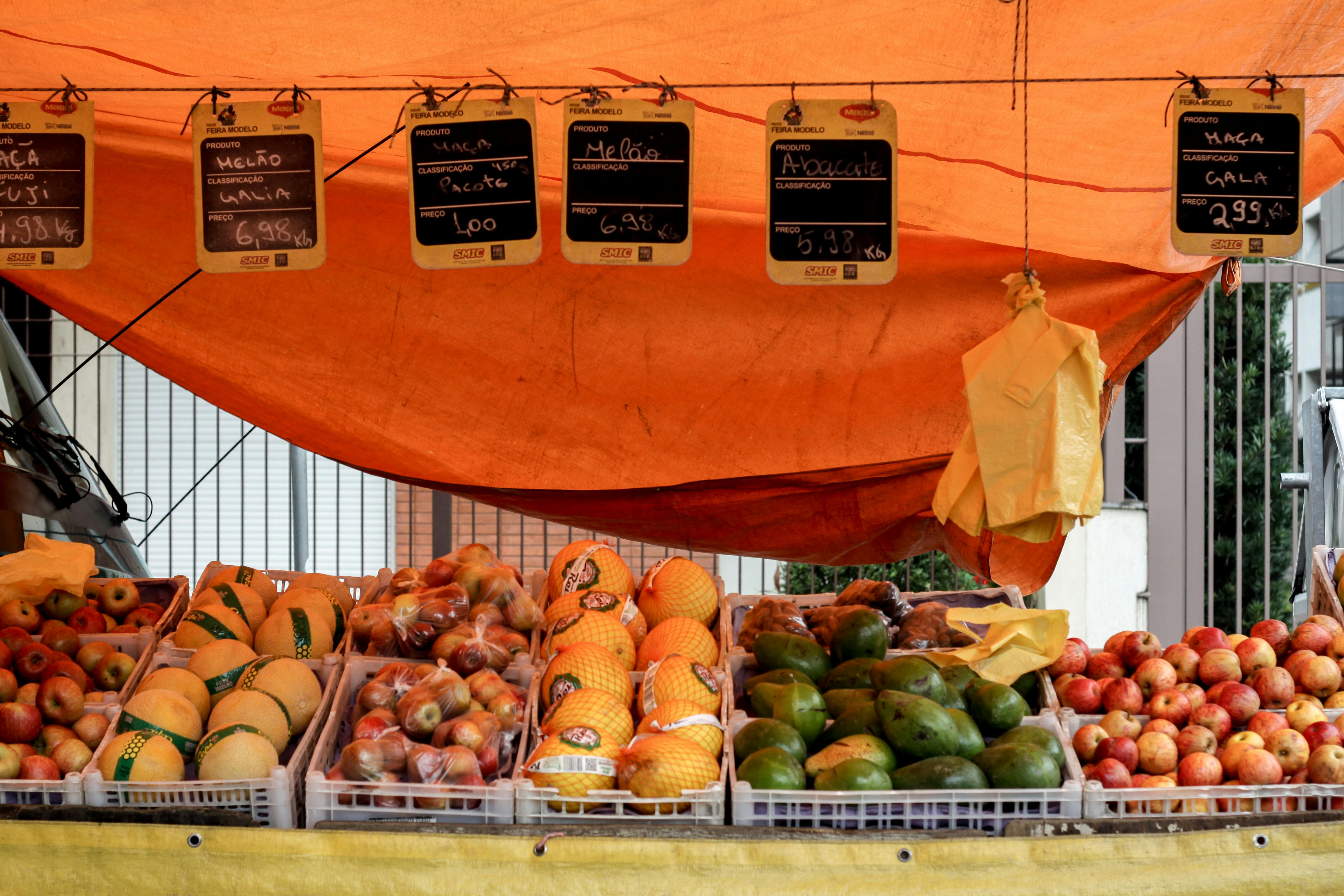Heavenly Army of Haiti
L’Amee Celeste (the Heavenly Host) is a Haitian religious cult. I admit here and now that I have not seen most of what I will describe in this essay. Outsiders are generally unable to see all of the Heavenly Army’s practices due to the secrecy of the movement. It is also necessary to point out that practices within the movement vary from group to group. It’s not a standardized set of practices and beliefs, but there are many aspects that all groups seem to incorporate.
Some will be outraged that Heavenly groups are described as a fusion of Pentecostal and voodoo practices. Some will not want any external description at all. Part of this is from the Haitian culture, which is enigmatic (as well as a culture of imitation, survival and animism). An enigmatic culture want so that strangers can understand it perfectly. So the movement of the Heavenly Army is a Haitian thing, and the Haitians don’t want it to be understood. It’s theirs and they want to keep it for themselves.
So how can I find out about L’Amee Celeste? I have spent enough time in Haiti and have developed a network of friends who trust me enough to tell me a lot about Haitian things, including the Heavenly Host. Thesis facts about the Heavenly Host are therefore anecdotal rather than verified and observed facts.
As in many cults, the groups of the Celestial Army use robes to identify their followers. Most of those who wear dresses choose blue dresses. It is a point to be made that in a nation as poor as Haiti, any money they have is better for food and necessities than costumes. However, to be fair, people who attend Protestant churches also feel the need to “dress up” in Sunday dress. Shoes, pants (or a dress) without holes, and a white shirt are also an expense for the poor in Haiti. It seems that religion is always expensive for the poor.
The Armee Celeste uses native music rather than translations of church music from the United States and other Christian cultural groups. This is a departure from traditional Christianity in Haiti.
I forgot to make this point: Haitians are quick and strong to say that the Heavenly movement is Haitian! This is said so that outsiders know that they don’t think they need to defend the Heavenly Army. And, part of what makes Heavenly Army uniquely Haitian is the music. Outsiders may want to make the connection between this music and Voudou, but the leaders of the movement will answer (if they want to answer) that it is just a Haitian expression of their faith in God.
I have been told that pastors (leaders) often activate the holy spirit in adherent women by touching their genitals. I have been told that sometimes a person is cured beating the sick with sticks.
What I am sure of is that the one time I visited a group at L’Amee Celeste, the pastor called me to the platform, as would have happened in any Protestant church in Haiti. And, while I was there, I did not see the exceptional practices that I have been told about. This is the main reason why I feel comfortable saying that they don’t mind proving their Haitian uniqueness to outsiders.
However, perhaps my Haitian friends have given me incorrect information. Anything is possible in Haiti.
